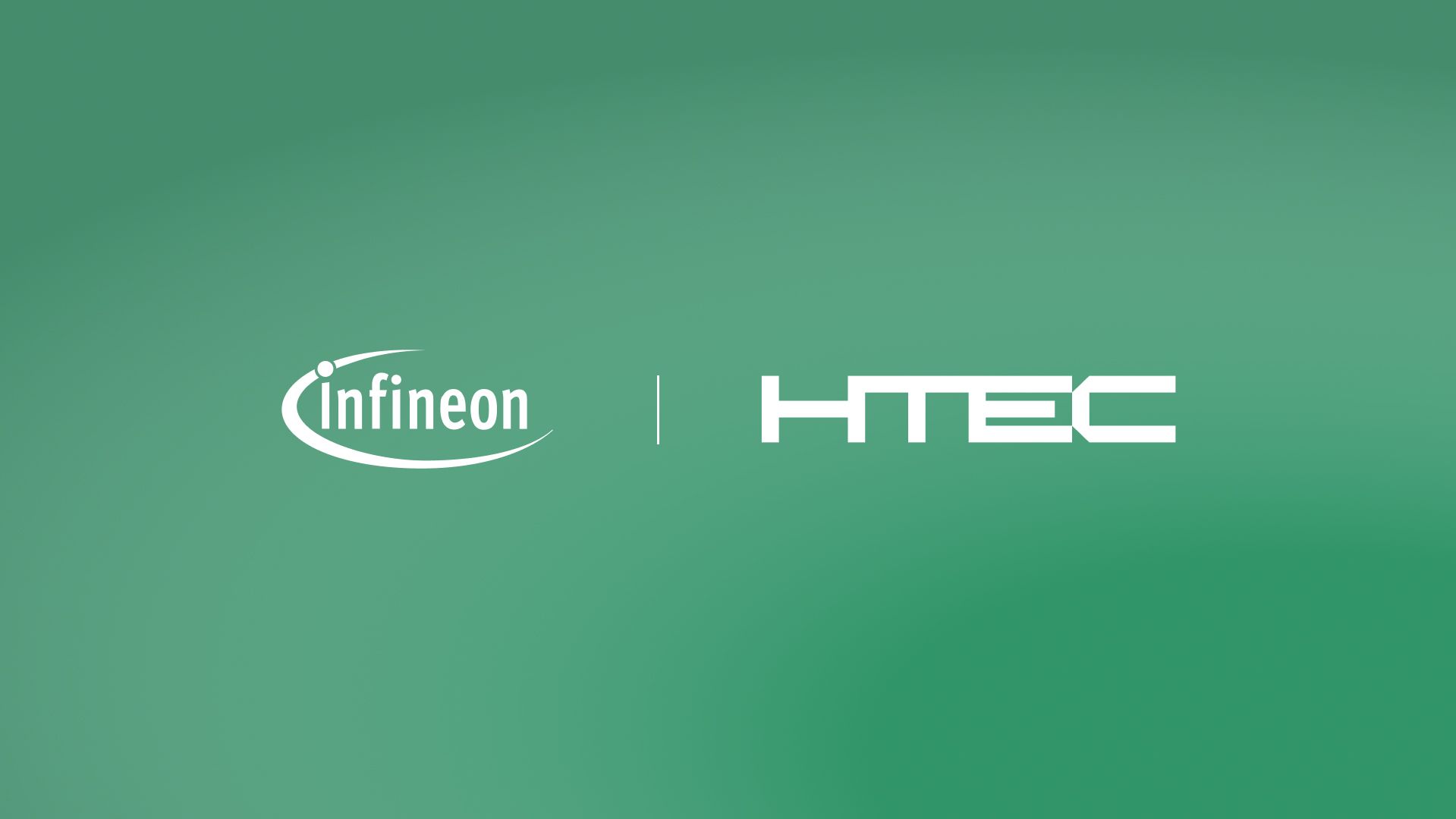Leveraging artificial intelligence (AI) is a top business priority for most organizations. According to recent statistics, the market size for AI solutions and services will reach nearly $2 trillion by 2030.
While everyone is excited to work with AI, regulations and standards around the usage and adoption of the technology are still evolving. To successfully use and adopt AI-driven solutions, businesses need to work with well-orchestrated teams of experts who can effectively and responsibly deliver on the promise of AI. This includes not only identifying and maximizing opportunities for impactful implementation of AI technologies but also differentiating between opportunity and omnipresent hype.
HTEC recognized the need for continuing AI education in our global workforce and developed tailored AI literacy and proficiency tools for each employee. The result? A comprehensive, cyclical AI enablement program that empowers employees to provide the expert assistance our clients need to leverage AI in their organizations.
With the program now in its second year, we caught up with HTEC’s Goran Savic, director of technology, and Igor Sevo, Head of Artificial Intelligence, to hear more about the program’s motivation, structure, and purpose.
What is the HTEC AI Enablement program?
The HTEC AI Enablement program is a framework strategically designed to empower internal teams across the organization to develop basic and advanced AI skills. It enables them to assist clients in recognizing and assessing opportunities to use AI in their digital products and services.
“Educating our workforce to understand the language of AI, its potential impact on businesses, and the opportunities it unlocks allows each team at HTEC to initiate discussions with clients, spot opportunities for AI application, and move from AI interest to action to value. It also builds our team’s confidence with AI, assuring the client that they can rely on a company that truly understands and embraces emerging technologies”, says Goran.
Ultimately, by creating a global workforce of AI-literate professionals, HTEC will contribute to this industry shift by building safe and reliable next-gen AI solutions.
How is the AI enablement program structured?
The program caters to three types of users:
- Non-engineers: Administrative staff and every team not directly related to engineering (e.g., marketing and legal)
- Non-AI engineers: HTEC’s general engineering staff
- AI engineers: Engineers who combine data engineering, data science, and software development skills to build AI-powered solutions
Depending on the user’s job responsibilities, technical capabilities, and motivation for further growth, they’ll access one or two levels of literacy:
- Level 1 – AI Literacy: Learning path designed for all user profiles to gain a fundamental knowledge of AI.
“The AI Literacy level enables our teams to help clients identify opportunities for AI-driven projects and start conversations about the next steps clients should take on their AI journey,” explains Goran.
Goran also emphasizes that this level should enable our global teams to offer companies clear guidelines on using AI tools safely and responsibly.
In the current second cycle of the program, this level moves beyond the basic understanding of AI technology to effectively applying it in everyday work. It provides our internal non-engineering teams with the tools and the know-how to actively integrate AI into their workflows in highly impactful ways.
- Level 2 – AI Advanced: A continuous learning path that is optional for AI enthusiasts and required for the firm’s engineering teams involved in AI projects. The AI Advanced level enables engineers to identify AI opportunities, resolve complex AI project issues, and provide leadership and guidance to our global customer base across industries and domains.
“An increasing number of our people are interested in the AI Advanced level, which allows them to learn complex AI skills without abandoning their primary areas of technical expertise. For instance, software engineers proficient in languages like Python, .NET, and Java, or skilled in DevOps, aren’t transitioning to become AI engineers. Instead, we’re equipping them with advanced AI skills to supplement their capabilities in that area,” says Goran.
In its second iteration, this level tracks the latest developments in AI and provides further learning opportunities for developing GenAI systems, with mentorship and support included in later phases of the program.

Why did HTEC launch the AI enablement program?
HTEC’s internal R&D and prototyping teams are exploring state-of-the-art, AI-powered applications, specifically process automation via large language models (LLMs). Igor Sevo believes this kind of knowledge should be spread across the company instead of staying siloed or localized.
“Our AI enablement program aims to share the core findings of the AI R&D initiative with all company departments and levels in stages. That way, our leadership team will have the tools for their workflows and the necessary skills to articulate our technical capabilities. Our engineers and other personnel will be able to use internal and external tools while regularly being updated on guidelines, policies, and standards for the safe and responsible use of AI. Finally, all related data will be tracked, maintained, and available to employees through the AI enablement program on an ongoing basis”, explains Igor.
The program’s learning path is led by the HTEC AI Center of Excellence. It is built on the collective knowledge of technology domain experts gathered from credible and verified internal and external sources. It includes internal workshops, presentations, meet-ups, and tech talks that facilitate knowledge sharing, allowing interaction via Q&A sessions.
“What’s truly impactful here is our systematic approach to providing all employees with verified content from trusted sources applicable to each of our roles. The content verification process, led by our AI leaders, is crucial for maintaining relevance and reliability in our work,” says Goran.
What is the goal of the program?
The program’s initial aim was to achieve 100% AI literacy across HTEC’s global workforce within one year. The program was successfully implemented in 2024 on a company-wide level, paving the way for the currently ongoing second stage—shifting the focus from literacy to active application.
Goran explains that achieving these goals helps HTEC deliver two critical benefits for clients and employees:
- It assures clients that they can rely on a skilled team with the expertise and knowledge necessary to help them build transformative AI solutions.
- It empowers internal teams worldwide to apply basic and advanced AI capabilities to their daily work as accelerators.
Furthermore, it builds AI expertise atop HTEC’s existing expertise across industries and domains, enabling our teams to identify and act upon a tremendous range of implementation opportunities.
Igor points out that the AI enablement framework is one of the main pillars of the HTEC AI Center of Excellence.
“An AI-literate community will be paramount for the success of any company, especially in the domain of software development. Education is one of the five main strategic categories for our AI Center of Excellence, and we are continually developing and refining the course materials. To have a practical impact, education should reflect real-life scenarios, and this is exactly what we were aiming for with the current iteration of our courses,” explains Igor.
How will the AI enablement program be measured and evolve in the future?
The AI enablement program, like AI, is designed to evolve continuously.
“As our core AI team expands,” Igor explains, “we will continue to shape and improve the program’s direction. The program’s ongoing development and the evaluation of its efficiency will be based on user feedback and status assessments, ensuring we cover the most critical and relevant topics. We are already conducting regular tech talks and surveying individual team leaders to gather subjective evaluations. We also organize presentations and meet-ups and share statistics through educational newsletters with our teams.”
Goran adds that one of the program’s most significant values is its adaptability. “The program’s adaptive approach allows us to update it regularly and maintain relevancy. This is the most challenging part of the process but also our X factor.”
HTEC continually conducts meaningful discussions with all clients to assess the program’s effectiveness and clients’ understanding of the potential value AI can bring to their projects.
According to Goran, “we have been actively supporting all our current clients through the execution of ‘AI Opportunity Mapping’. The end result of this process is a practical and realistic backlog of potential scenarios that can be quickly executed through the RnD-PoC-MVP-V1 pipeline, resulting in new unlocked value supported by AI technology.”
The program’s internal success has allowed HTEC to implement similar AI workforce enablement projects for some customers.. We aim to continue expanding AI literacy across industries and organizations, providing the necessary training resources to continuously advance professional AI skills and expertise as the technology evolves.
__
Explore how we can accelerate your business transformation through the power of data solutions and AI here.
Read about our recent acquisition of eesy-innovation to further strengthen our IoT, embedded engineering, and AI capabilities here.
Download this paper to learn about the HTEC Data and AI Readiness Model and accelerate your digital journey.





